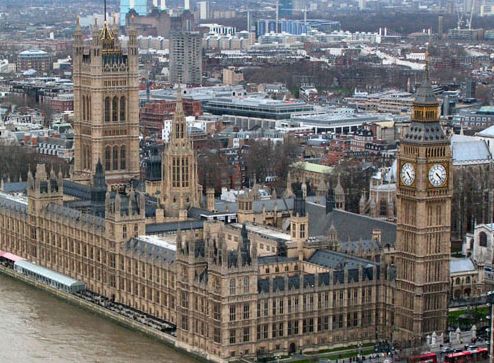Britain’s Anti-Piracy Act Delayed By Cost Dispute

The DEA is hit by another delay, as secondary legislation needs to be approved following the BT and TalkTalk appeal
The controversial Digital Economy Act (DEA) has been hit by a delay, meaning letters will not be sent to alleged illegal downloaders until 2014 at the earliest.
The Department for Culture, Media and Sport (DCMS) told TechWeekEurope there were two pieces of secondary legislation that needed rewriting because of the BT and TalkTalk appeal against the legislation.
 The ISPs failed in their bid to have the DEA overturned, but it appears their efforts were not entirely in vain as a fresh impact assessment has been called for. The court in the judicial review of the DEA ruled against small parts of the cost sharing related to the anti-piracy measures of the law.
The ISPs failed in their bid to have the DEA overturned, but it appears their efforts were not entirely in vain as a fresh impact assessment has been called for. The court in the judicial review of the DEA ruled against small parts of the cost sharing related to the anti-piracy measures of the law.
Cost issues
In particular, changes to how the cost of the system will be split between rights holders and ISPs needs to be codified. Ofcom’s Initial Obligations Code needs to be addressed in the Act too. This sets out exactly how the notification system will work. It has to be notified to the European Commission under the terms of the Technical Standards Directive before going to Parliament, DCMS said.
“We are continuing to implement the Digital Economy Act and we expect the first letters to go out in early 2014,” a spokesperson said.
The notification aspect of the law, which could eventually see alleged illegal downloaders threatened with having internet access cut off or court action, has been lambasted by various parties. The DEA itself was passed swiftly through Parliament towards the end of the Labour government’s time in power in 2010. But it faced a number of delays because of legal challenges.
Are you a piracy expert? Try our quiz!